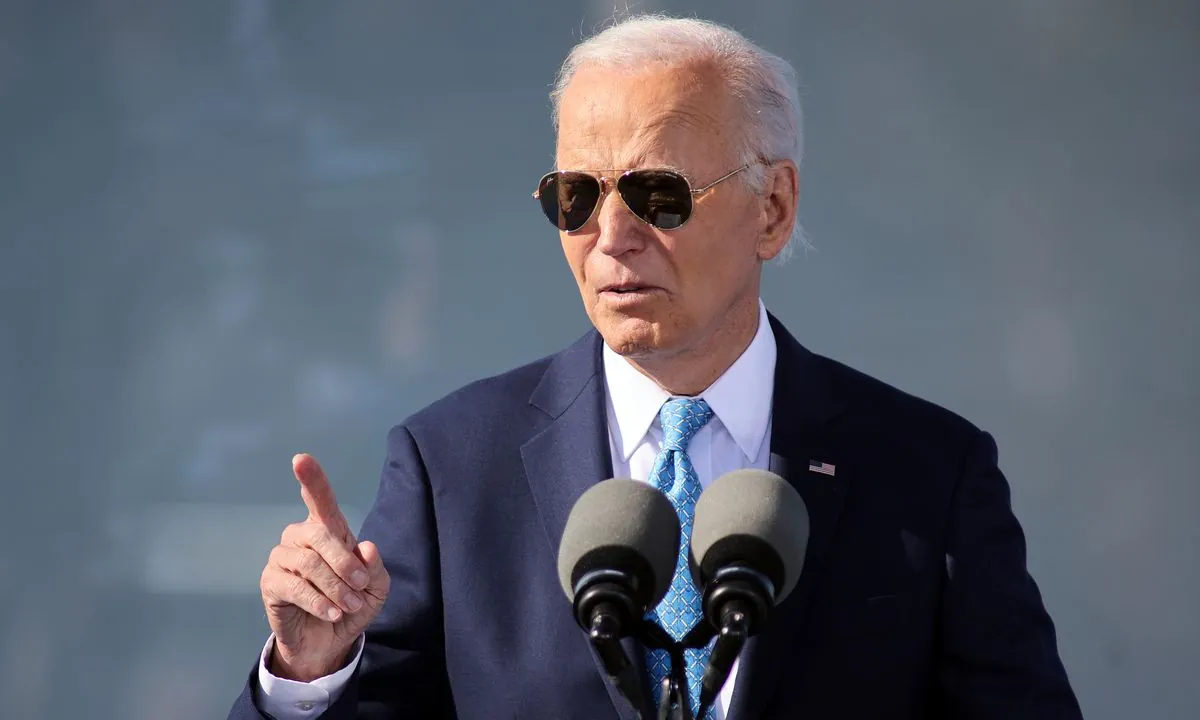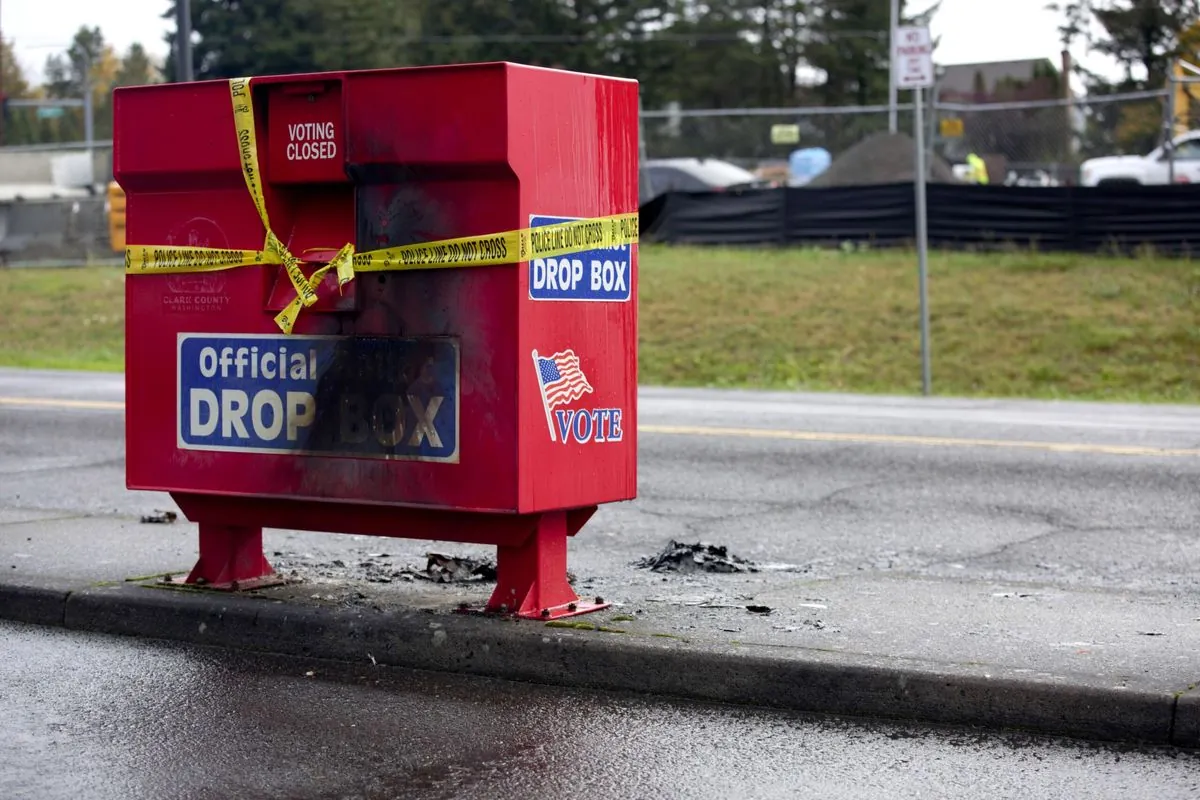U.S. Missteps in Afghanistan: A 20-Year Journey of Missed Opportunities
Analysis of America's two-decade involvement in Afghanistan reveals a series of diplomatic failures and missed chances for peace, culminating in the Taliban's return to power in 2021.
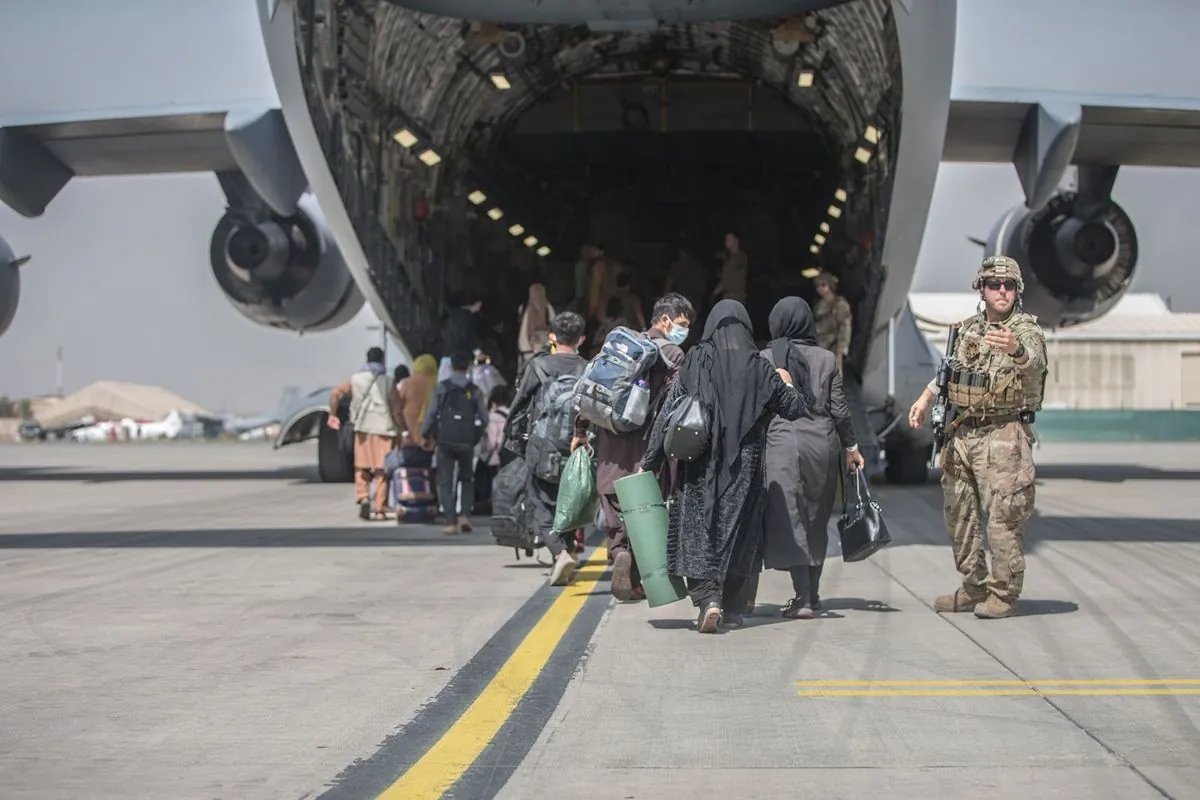
The United States' 20-year involvement in Afghanistan, spanning from 2001 to 2021, is marked by a series of diplomatic missteps and missed opportunities for peace. This complex narrative begins with a crucial moment in December 2001, just weeks after the U.S. invasion.
The Taliban, then recently ousted from power, extended an olive branch to the Bush administration. They proposed that their fighters would disarm if allowed to live peacefully without persecution. This offer, conveyed to Hamid Karzai, could have potentially averted years of conflict. However, the U.S., still reeling from the 9/11 attacks, did not respond.
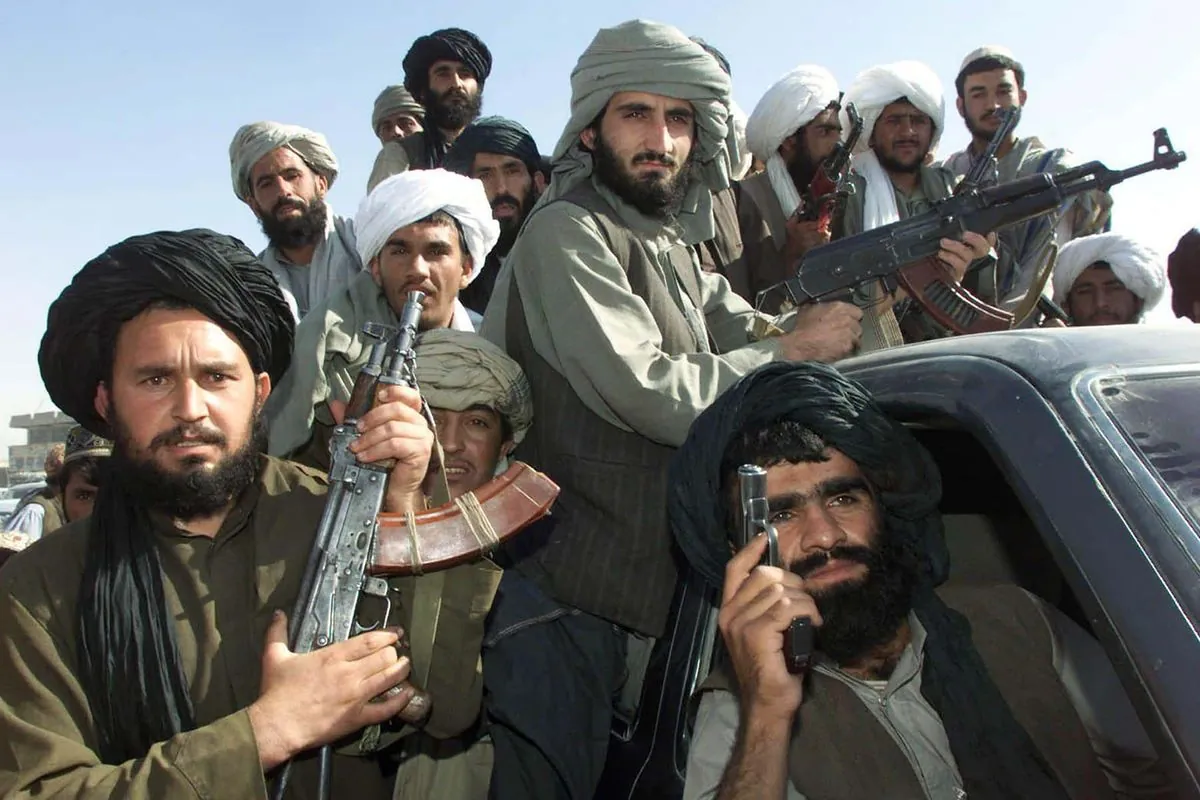
Zalmay Khalilzad, a key U.S. diplomat, later learned the Taliban's perspective on this missed opportunity. He reported:
"They thought that 20 years of war and all the loss of life on all sides was due to that mistake, as they saw it."
This rejection set the stage for a prolonged conflict. The U.S. invasion, known as Operation Enduring Freedom, had begun on October 7, 2001, marking the start of a two-decade presence in the country.
In December 2001, the Bonn Conference was hastily convened to establish a new political order in Afghanistan. However, at the U.S.'s insistence, the Taliban were excluded from this process. This exclusion, coupled with the U.S. focus on military action over diplomacy, led to further complications.
The conference resulted in the Bonn Agreement, signed on December 5, 2001. While it laid out plans for elections and a new constitution, it failed to address underlying political issues. This oversight contributed to the Taliban's eventual resurgence.
Over the years, various attempts at peace talks emerged. Norway, with its experience in conflict mediation, initiated discussions with the Taliban in 2009. However, entrenched U.S. attitudes towards the group hindered progress.
The U.S. approach shifted under different administrations. The Obama era saw tentative steps towards dialogue, but these efforts were often undermined by internal opposition. The Trump administration prioritized troop withdrawal, leading to the 2020 Doha Accord.
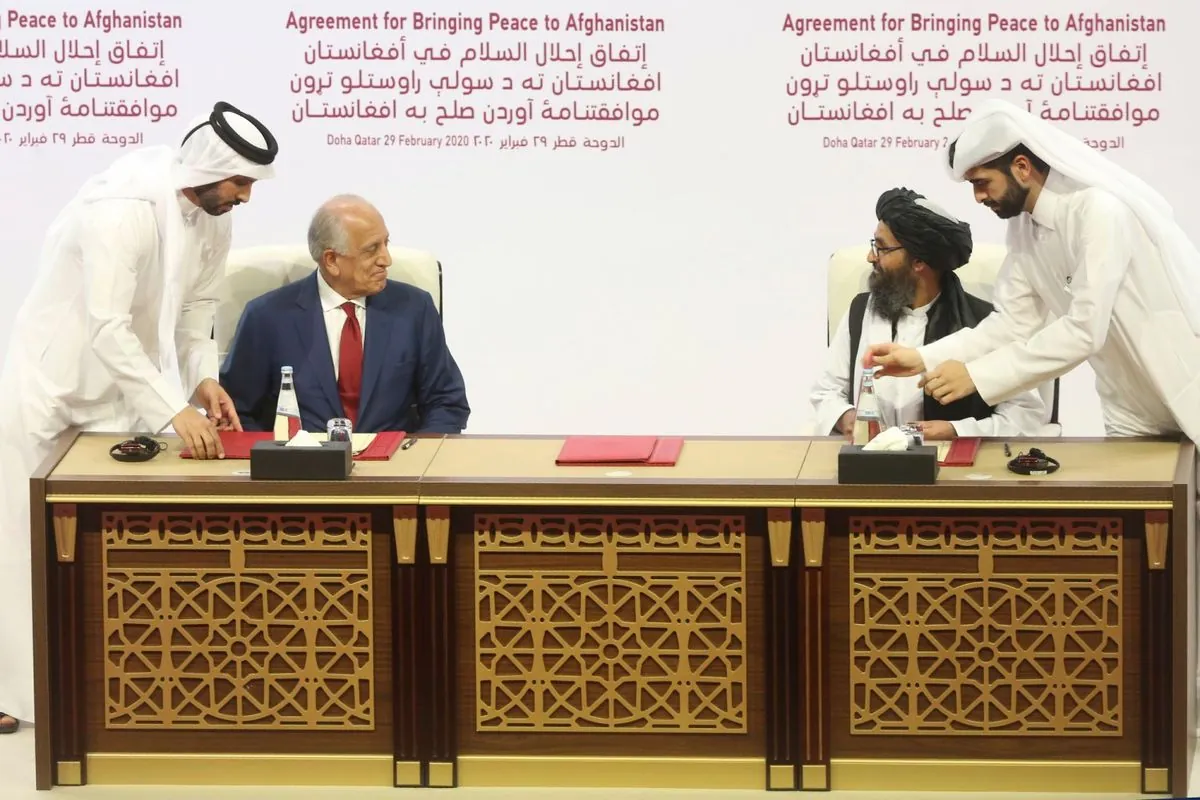
Signed on February 29, 2020, the Doha Accord set the stage for U.S. withdrawal but failed to secure a lasting peace between the Taliban and the Afghan government. This agreement, negotiated without the Afghan government's direct involvement, weakened the U.S.'s leverage.
The situation culminated in August 2021, when the Taliban swiftly regained control of Afghanistan. This event, occurring three years ago from the current date, marked the end of the U.S.'s longest war.
In retrospect, Khalilzad acknowledged the limitations of military force and the policy mistakes made during the war on terror. The U.S. spent over $2 trillion on the conflict, with troop levels peaking at about 100,000 in 2011.
Today, Afghanistan faces new challenges under Taliban rule, including restrictions on women's rights and international isolation. The international community continues to grapple with the aftermath of this two-decade engagement, reflecting on the lessons learned from this complex chapter in global politics.






























